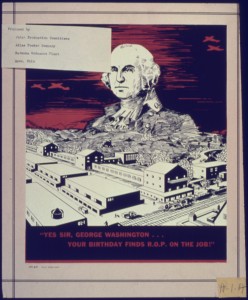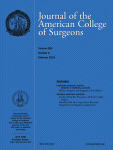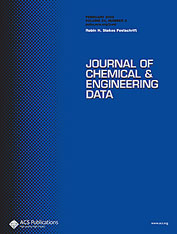
An environmental journal has retracted a paper on a technology that helps degrade explosives released into soil, because the first author never got the permission of his “co-authors” — oh, and used data that were “illegally obtained,” according to one of the slighted co-authors.
According to the EPA, more than 30 sites around the country are contaminated by decommissioned explosives, including weapons plants and army depots. A major source of the pollution was workers washing out old bombs into “evaporation lagoons” and then burning the resulting sludge.
The site used for the retracted paper was Ravenna Army Ammunition Plant, a decommissioned weapons factory that stored explosive waste in unlined landfills. According to the EPA, “open burning was also a common practice.”
The problems with the paper in Water, Air & Soil Pollution were uncovered after the head of the company, University of Georgia (UGA) professor Valentine Nzengung, found the paper on ResearchGate. He discovered that first author Chunhui Luo had used (now out-of-date) data without permission, and added Nzengung’s name to the paper without his knowledge. The other author is another UGA professor, Walter O’Niell, who told us he was also not informed about the paper.
Nzengung gave us further details via email: Continue reading Forged author list blows up explosives contamination paper







